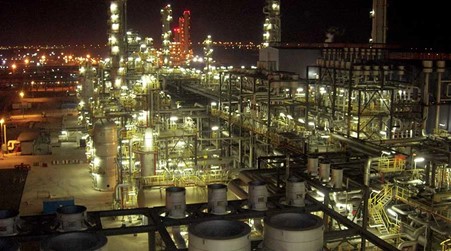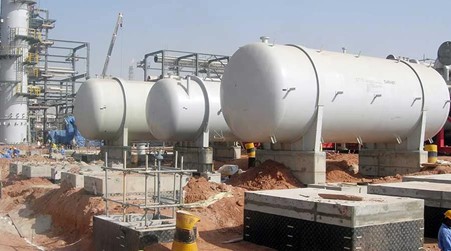Author: Khalil Badarneh
Tutor: ing. Giovanni Franchi
Internship: Tecnimont
Master: Master in “Contract, Claim and delay management in construction works” a.a 2022/23
This thesis discusses the hindrance the contractor experienced during the beginning of the project which involves enhancing two refiners that have been built in 50s and 70s. the impediment is attributable to the employer failure in providing two aspects to the contractor that are stipulated in the agreement between both parties, those aspects as follows:
- Right Access to the construction site
- Issuing basis of design, such as calculation, IFC, and specification
As per the agreement, the employer is obliged to provide the above information to the contractor in timely manner to have uninterrupted workflow. The timeline of issuing and giving the access to the contractor are listed as Employer Interface Milestones. Hence, the contractor has planned all its activities, such as manpower and machinery mobilization, engineering and procurement cycle based on the milestones since they are the cornerstone for the project to achieve the completion date.
However, the employer did not meet its contractual obligations, and the contractor has suffered a magnificent delay for its activities. Accordingly, the contractor is entitled to an extension of time attributable to employer’s default. Contractor’s EoT covers the followings:
- Delay in mobilization as a result of inaccessibility to the construction site
- Delay in finalizing the engineering scope of work
- Delay in Procurement cycle
The thesis covers the delay in mobilization as case study 1, and Engineering and procurement as case study 2.
For the Case study 1, the contractor has planned to mobilize a portion of its manpower and early work subcontractors from the effective date and gradually increase the mobilization based on giving the full access to the contractor according to the employer interface milestone deadline. In contrary, the mobilization had been halted due to the fact that the employer has not transferred the areas completely to the contractor in a shipshape.
With reference to Case Study 2, the contractor entails receiving design criteria from the employer for engineering works like issuing calculations, construction drawings for site team. Further, this design requirement allows the contractor to execute procurement activities such as acquiring materials. All of those will be part for reconstructing and overhauling the plants. In fact, the employer failed in providing sufficient information which caused a ripple effect on engineering and procurement approved schedule.
In summary, the contractor is not accountable for the delays that leads to the project postponment since the requirements for the project falls under the employer’s responsibility in relation to the singed agreement between both parties. Accordingly, the contractor is entitled for time extension.


